‘Only when the last tree is cut down, the last river poisoned, the last fish caught, will you realise that money cannot be eaten.’
A prophecy of the Cree Indians from the 18th century.
Chief Seattle of the Suquamish gave a similar speech to the governor of Washington Territory in 1854.
Could it be that these spiritual Native American groups could see into the future?
Yes, because today in the 21st century we are already there!
Many animal species, including fish species, which are a large part of our diet, no longer exist. We have dying trees and overpopulations of harmful organisms.
We have created so many pollutants such as medicines, toxins for the production of plastic and similar products.
Nobody has considered that we will no longer be able to cope with this.
All this ends up in our soil and groundwater! We are poisoning streams, rivers, lakes and the creatures that live in them.
We have created an unmanageable amount of non-degradable waste.
Over 100 million tonnes of plastic are floating around in the world’s oceans.
This video says that in some areas of the ocean there is 60% more plastic than plankton.
The first sentence of this video says: ‘It’s everywhere’
It shows the hopelessness in which we already find ourselves. https://www.youtube.com/watch?v=CWjkH7EV9lg
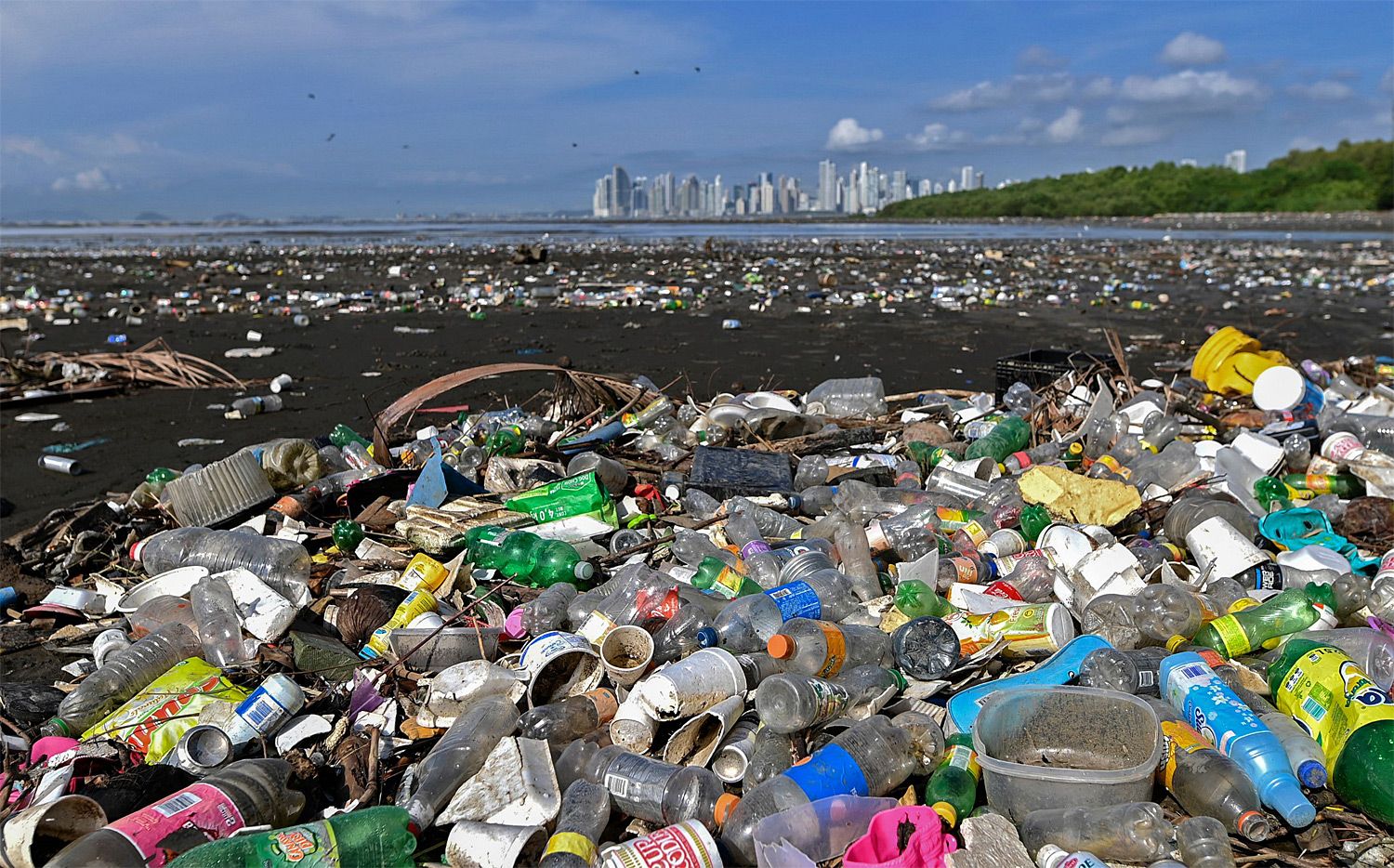
The water situation is deteriorating by the day.
Among the most dangerous substances in water are pesticides such as glyphosate, nitrates, drug residues and hormone pollutants.
Lead, arsenic, bacteria and germs as well as microplastic particles are also on this list. Unfortunately, this list is so long that it is difficult to understand.
The more I look at it, the harder it is to visualise.
But it is not only the pollutants that we discharge directly into the water, there are also the pollutants in the air. These are deposited on the ground and not only damage nature, but also end up in our waters.
There is the American organisation EPA (United States Environmental Protection Agency).
The EPA’s task is to protect human health and the environmentThe EPA’s mission is to protect human health and the environment.
Their mission is to protect human health and the environment.
They maintain a gigantic list of harmful substances: https://www.epa.gov/enviro/data-downloads
And they publish current and interesting articles on climate change: https://www.epa.gov/climate-change
My horror at this development knows no bounds.
All my life I have thought green and tried to act in such a way that I am not one of these polluters. But it is not easy.
I often think back to my childhood. In the early years, I never knew a plastic bag.
I can still feel in my hand the sensation of paper bags with fruit inside, and I also remember the smell of those bags.
Somehow it was an unmistakable smell, a bit musty. We bought potatoes and vegetables and transported them in those unbleached paper bags, which came in all sizes.
We only knew fruit from our gardens. Growing up in the country, I learnt how to preserve fruit. Apples were stored in such a way that there were apples in the cellar until the following summer. We preserved almost everything in jars for assembly.
I remember that there was some fruit all winter until the next summer, for cakes and desserts.
I remember the wax paper at the butcher’s. Yes, you could do that without plastic.
You didn’t have to wrap the outside of the wax paper packaging.
Today? Yes, you put a plastic bag around the sausage or meat and then another one on top,
Why can’t you just leave out the outer bag?
The checkout code is on it anyway, which would keep it together.
It would also be less cost and less effort, less waste.
Yes, of course, it is not easy for me to buy less plastic in my daily shopping today either. When you work all day, you can hardly go to the vegetable market to buy fresh, plastic-free produce.
In supermarkets, almost all vegetables are pre-packed, and the same is often true for fruit.
Here in Spain, supermarkets have switched to biodegradable plastic bags. But we now know that they have no place in compost.
‘Compostable plastic decomposes very slowly, and not at all.
he problem is that ‘compostable’ plastic is by no means turned into valuable compost in the composting plant.
The decomposition process takes far too long.
According to the Euro standard, ‘compostable’ plastic bags must have decomposed after twelve weeks. But only to at least 90 per cent. And in pieces smaller than two millimetres. After six months, 90 per cent of the bag must have completely disappeared.
But the bacteria in the composting plant don’t have that much time. The compost from the plant must be ready for sale in around four to five weeks
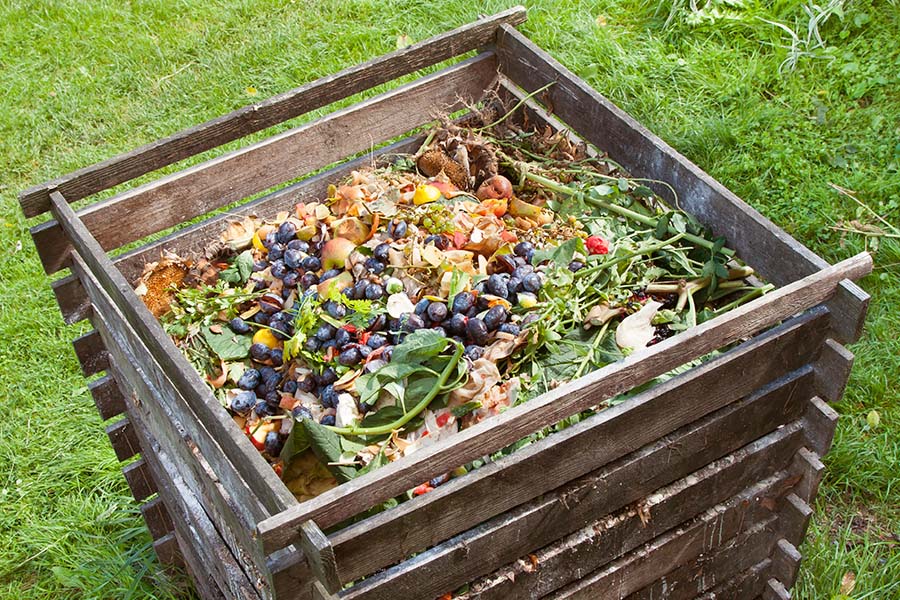
But what else can we do?
Drinking water filters
are a simple solution for our daily water needs.
Drinking water filters not only make daily life easier – they actually enrich it.
In fact, there are filter systems that work selectively and do not filter the valuable, natural minerals.
But they retain 99.5 % of all pollutants.
Here on the Balearic Islands, the water is rich in minerals.
The high pH values even indicate high levels of these minerals. We have pH values of 7 to over 9, which is absolutely alkaline water.
If we filter water in such a way that this original structure is preserved, we can enjoy truly living and vital water.
Enjoyable because it also has a special flavour.
Water loses its good flavour when its minerals are removed, as is the case with osmosis systems. This water is rightly referred to as ‘dead water’. It cannot be activated by adding artificial minerals.
The natural hexagonal structures of the water are destroyed by the strong pressure of osmosis. This water has lost its vitality and cannot be regenerated in this way.
AGUARIS drinking water filter systems enable living, structured water
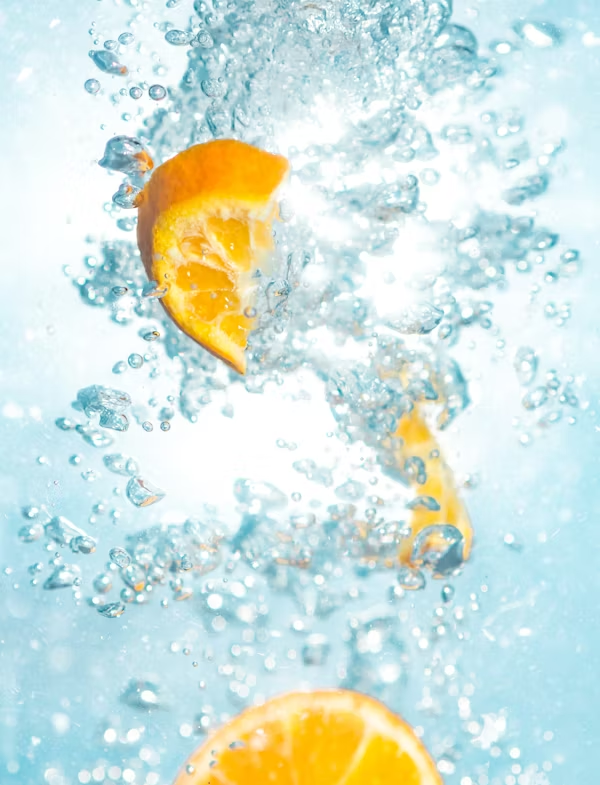

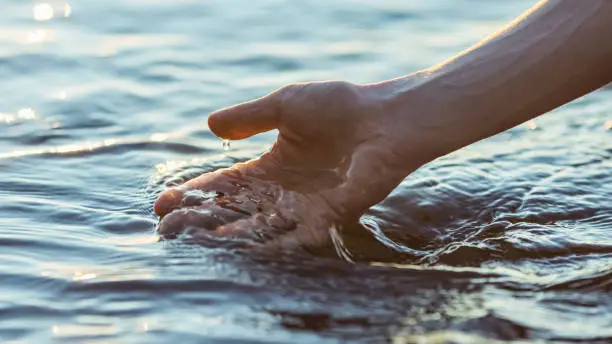

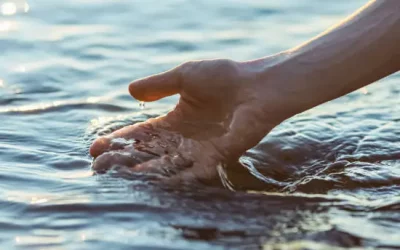
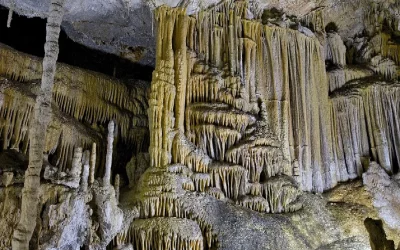
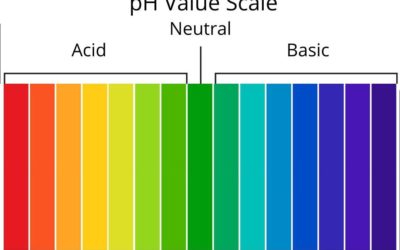
0 Kommentare